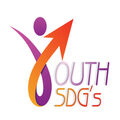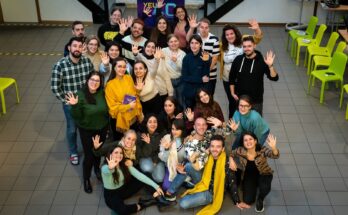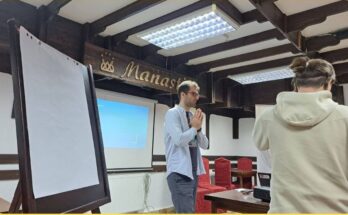Being one of the most uncertain times our generations have ever witnessed, the coronavirus epidemic is a major test of citizenship and the momentum to start moving creatively towards more mindful and collectively aware societies. This is one of the main reflections that have inspired me in my work during the last weeks and motivated me to challenge 14 European cities around a common project.
The corona crisis has opened a window of opportunity for us to raise citizens’ responsibility towards national resolutions up to a new level of awareness. Currently – and ironically – it seems that “the concept of citizenship is dressed under a call for stillness”. However, never before was it so pressing that citizens take full responsibility and action, since changing our collective behaviour is crucial to slow the spread of the virus.
According to experts, the future of civic participation faces 2 alternatives: 1) Totalitarian surveillance, with tight governmental and corporate controlling where peoples’ biometric data and geo-location are monitored by their smart personal devices. Devices could allow measuring temperature and location, but also monitoring reactions to other stimuli, allowing not just to predict our feelings but also to manipulate them and sell us any product, service or idea 2) Citizen empowerment, with transparent governments focused on proactively sharing clear information to citizens, providing data on local needs and resources, supporting awareness for a collective response and deliver tools for citizens to monitor themselves.
Presently, we can see glimpses of these predictions within countries that are not newcomers on fighting epidemics and that are being praised as good practices on coronavirus control. As an example, Taiwan, and Singapore invested in timely articulated governance response and made use of big data technology combined with transparent and clear communication to citizens; while South Korea is putting forward a more invasive strategy that threats to fuel social stigma. These examples are revealing the future and it becomes crucial to proof that mindful citizens’ behavior is needed to avoid the system breakdown by investing in extensive testing and truthful reporting rather than invasive tracking applications, showing that a self-motivated and well-informed population is far more powerful and effective than a patrolled and ignorant one.
The positioning of governments and civil society towards these alternative futures is determinant and will shape not just our healthcare systems but also our economy, politics, and culture. Therefore, it is urgent to find new narratives that can support shifting the future in a creative and life-affirming direction, not driven by fear or blindfolded citizens.
Culture is essential to help us finding these new narratives as it inspires us to believe and co-create the impossible, being a factor that stimulates individual and collective creativity, pluralism of languages and behaviors. Culture is an upholder of democracy. Like Hermann Hesse highlighted “so that the possible may arise, the impossible must always be attempted”, and two of the obvious lessons from the Corona crises are that we are globally interconnected and we — each of us, separately and together — can change the system.
This was my mindset when I engaged my team working on Faro2027 – the project of the candidacy of Faro for European Capital of Culture – on creating the project “Europe at Home”. Currently, we have 14 literary texts and 14 albums from 14 European cities, and we already have 10 more cities eager to join the map on www.europeathome.eu. In the near future, we hope to gather all partner cities and enhance this collective intelligence to discuss and co-create its follow-up. Any city that wishes to join should contact the promoter through the website and engage a photography artist and a literary author that can bring a new perspective and a new narrative of how their city is living this pandemic “at home”.
Sofia Martins
Faro – European Capital of Culture 2027 candidate city
Pool of Experts of Out of the Box International





